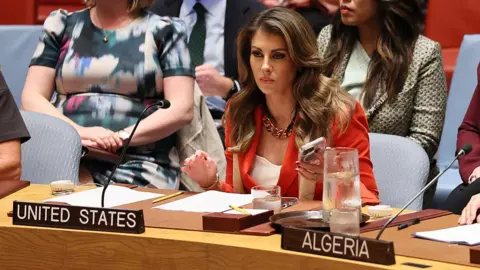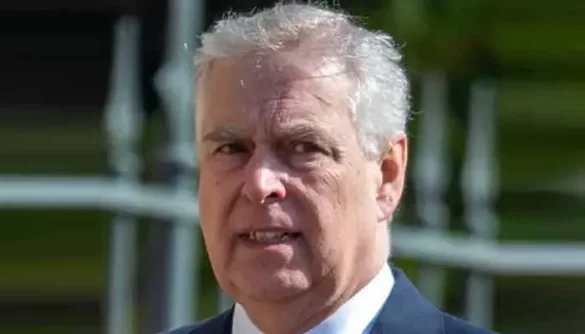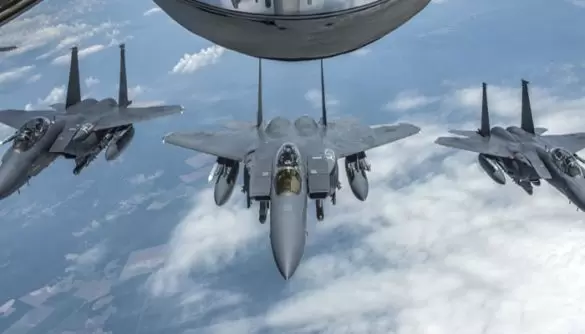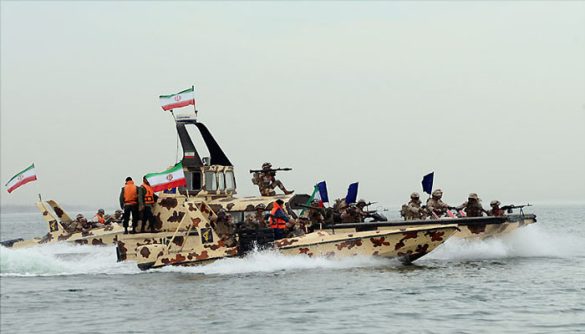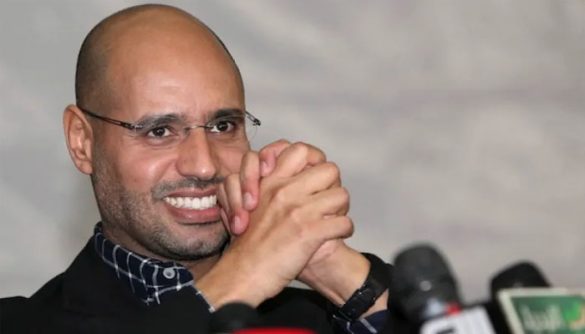US Blocks Resolution Backed by 14 Members
The United States has once again used its veto power to block a United Nations Security Council (UNSC) resolution calling for an immediate, permanent, and unconditional ceasefire in Gaza. This marks the sixth time Washington has vetoed such a resolution since the outbreak of hostilities.
The draft was prepared by ten elected UNSC members and received the backing of 14 out of 15 Council members. However, The United States, under President Donald Trump’s leadership, opposed the measure, arguing it undermined Israel’s right to defend itself. However, Trump has also hinted at the possibility of a Gaza ceasefire next week, signaling mixed signals from Washington.
The resolution also urged Israel to fully restore humanitarian access to Gaza and halt military operations that have left the territory facing severe shortages of food, fuel, and medical aid.
Diplomacy Ahead of UN General Assembly
The veto comes just days before the 80th session of the UN General Assembly (UNGA) in New York, which is expected to draw more than 150 heads of state and government. UN Secretary-General António Guterres has described the gathering as the “World Cup of diplomacy.”
Palestinian envoy Riyad Mansour said the Gaza crisis would dominate discussions, with global leaders expected to focus heavily on the worsening humanitarian situation and repeated failures to secure a ceasefire.
Spotlight on Palestine, Qatar, and Regional Security
The Gaza conflict has also reshaped Middle Eastern diplomacy. Following recent Israeli airstrikes on Qatar, Pakistan issued a strong condemnation, reinforcing its stance within the Muslim world.
At the same time, Pakistan’s new defense agreement with Saudi Arabia has elevated Islamabad’s role in regional security dynamics. Analysts suggest this could strengthen Pakistan’s influence in ongoing debates about the Middle East’s stability and future.
US Politics: A Shift in Public Debate
Interestingly, a group of Democratic senators in Washington has introduced a resolution calling for the recognition of a Palestinian state. While the proposal has little chance of passing, given the Republican majority in the Senate, it highlights a shifting debate in US politics.
Public opinion polls in the United States have shown growing support for Palestinian rights, particularly among younger voters and progressive Democrats. Critics argue Washington’s repeated vetoes put it increasingly at odds with much of the international community.
Pakistan’s Role at the General Assembly
Prime Minister Shehbaz Sharif is set to attend and deliver an address at the UNGA. He will also participate in a high-level international conference focused on the two-state solution and a peaceful resolution to the Palestinian issue.
According to diplomatic sources, a planned bilateral meeting between Shehbaz Sharif and President Trump may be altered due to the crises in Gaza and Qatar. Instead of a formal White House meeting, the two leaders might hold an informal encounter on the sidelines of the General Assembly.
Military Leadership’s Parallel Engagements
Pakistan’s Chief of Army Staff, Field Marshal Asim Munir, will accompany the prime minister to New York. Munir has already met President Trump in a previous round of talks, underlining the military-to-military dimension of US-Pakistan ties.
Islamabad, however, is pushing for a more formal meeting that covers bilateral cooperation, counterterrorism, and regional stability. Officials stress that Pakistan wants the discussions to extend beyond Gaza, addressing its wider role in South Asia and the Middle East.
A Divided World Stage
The repeated US vetoes underscore deep divisions at the United Nations over how to address the Gaza crisis. While the vast majority of UNSC members support an immediate ceasefire, Washington’s backing of Israel has left the Council deadlocked.
As the UNGA session opens, pressure is mounting on global leaders to take stronger steps. With Gaza’s humanitarian conditions deteriorating and diplomacy faltering, the upcoming week in New York may prove decisive in shaping the next phase of the conflict.
Want to read this post in Urdu, visit News Alert Urdu

